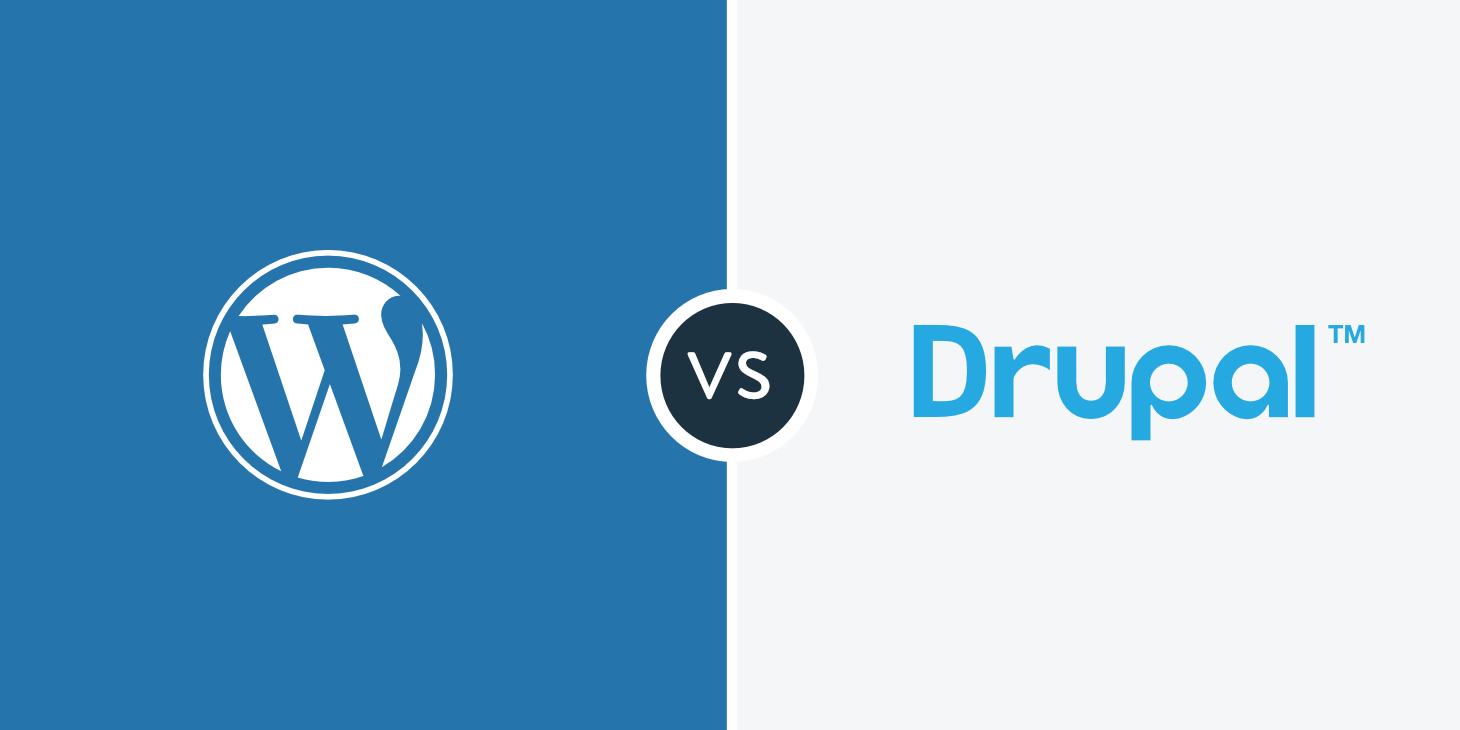Drupal vs WordPress: 7 Key Differences
Drupal and WordPress are two popular content management systems (CMS) that are used to build websites. While both are powerful and flexible, they have some key differences that make them better suited for different types of projects.
Here are seven key differences between Drupal and WordPress:
- Complexity: Drupal is more complex than WordPress. While both systems have a learning curve, Drupal requires more technical knowledge and experience to set up and maintain. This makes Drupal a better choice for large, complex websites with multiple content types and workflows.
- Customizability: Drupal is more customizable than WordPress. Drupal has a more flexible architecture that allows developers to create custom content types, fields, and views without the need for plugins or extensions. WordPress, on the other hand, relies heavily on plugins and themes to add functionality and customization.
- Security: Drupal is more secure than WordPress. Drupal has a strong security track record and has built-in security features that help protect against common vulnerabilities. WordPress, on the other hand, is known for being more vulnerable to hacking and malware attacks.
- Performance: Drupal has better performance than WordPress. Drupal is optimized for performance and can handle large amounts of traffic and data without slowing down. WordPress, on the other hand, can experience performance issues if not properly optimized or if too many plugins are installed.
- Community: WordPress has a larger community than Drupal. WordPress has a vast ecosystem of plugins, themes, and developers, making it easier to find support and resources. Drupal, while still popular, has a smaller community and may be more difficult to find support for specific issues.
- Cost: Drupal is more expensive than WordPress. Drupal requires more technical expertise and development time, which can increase costs. WordPress, on the other hand, is easier to set up and maintain, making it a more cost-effective option for small to medium-sized websites.
- User Interface: WordPress has a more user-friendly interface than Drupal. WordPress is known for its easy-to-use dashboard and intuitive content editor, making it a good choice for non-technical users. Drupal, while still user-friendly, has a steeper learning curve and may require more training for non-technical users.
In conclusion, both Drupal and WordPress have their own strengths and weaknesses. The choice between the two will depend on the specific needs and goals of your website project. If you need a highly customizable and secure website for a large organization, Drupal may be the better choice. If you need an easy-to-use and cost-effective solution for a small to medium-sized website, WordPress may be the better option.
If you enjoyed this article, then you’ll love VisualWebTechnologies WordPress Hosting platform. Turbocharge your website and get 24/7 support from our veteran team. Our world-class hosting infrastructure focuses on auto-scaling, performance, and security. Let us show you the VisualWebTechnologies difference! Check out our plans.

